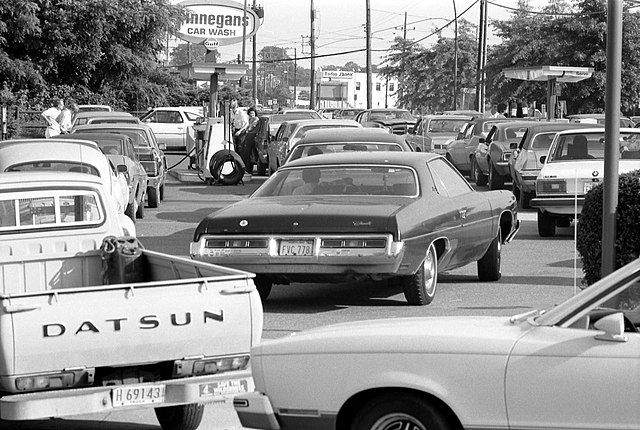Infinite photos and videos for every Wiki article ·
Find something interesting to watch in seconds
World Banknotes
Largest Palaces
Celebrities
Great Museums
Rare Coins
Presidents
British Monarchs
Largest Empires
History by Country
Wonders of Nature
Sports
Tallest Buildings
Animals
Countries of the World
Kings of France
Recovered Treasures
Ancient Marvels
Great Cities
Famous Castles
Wars and Battles
Richest US Counties
Orders and Medals
Supercars
Best Campuses
Crown Jewels
Great Artists
more top lists


